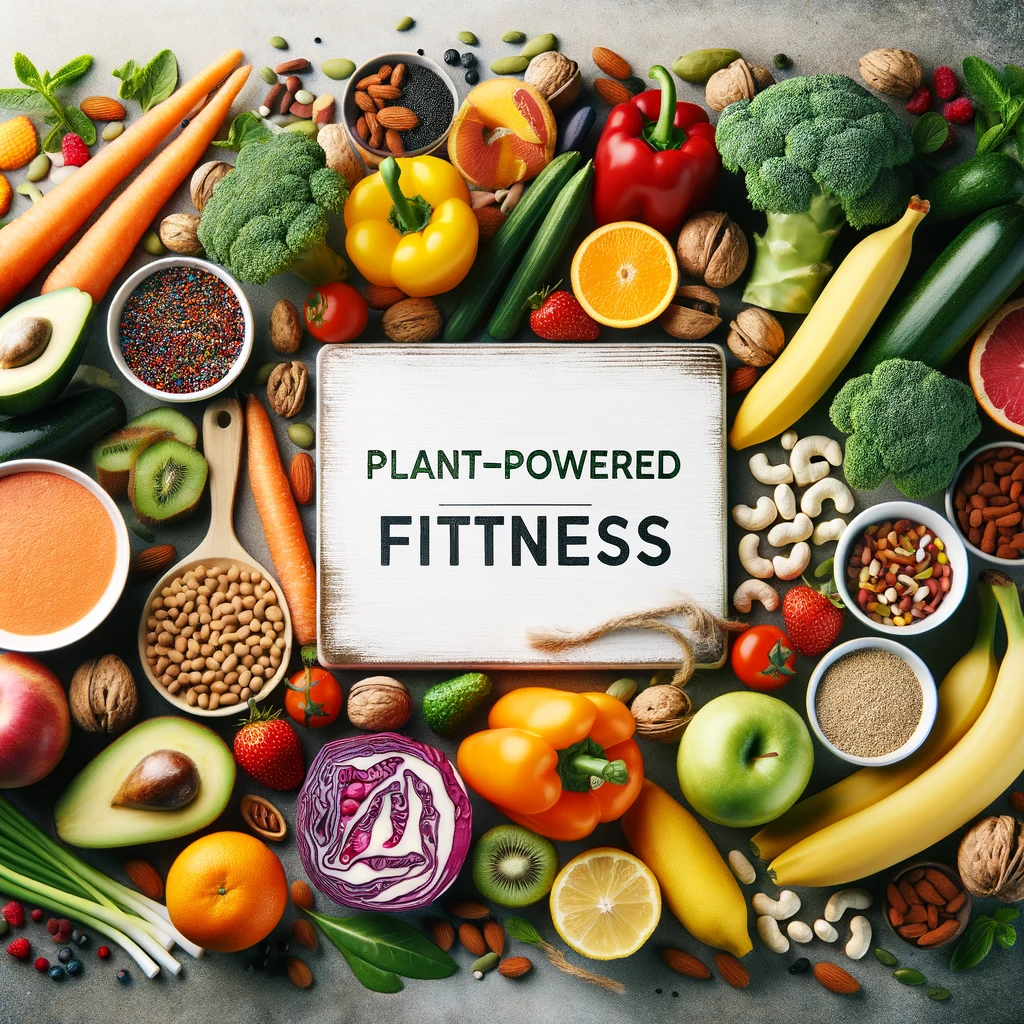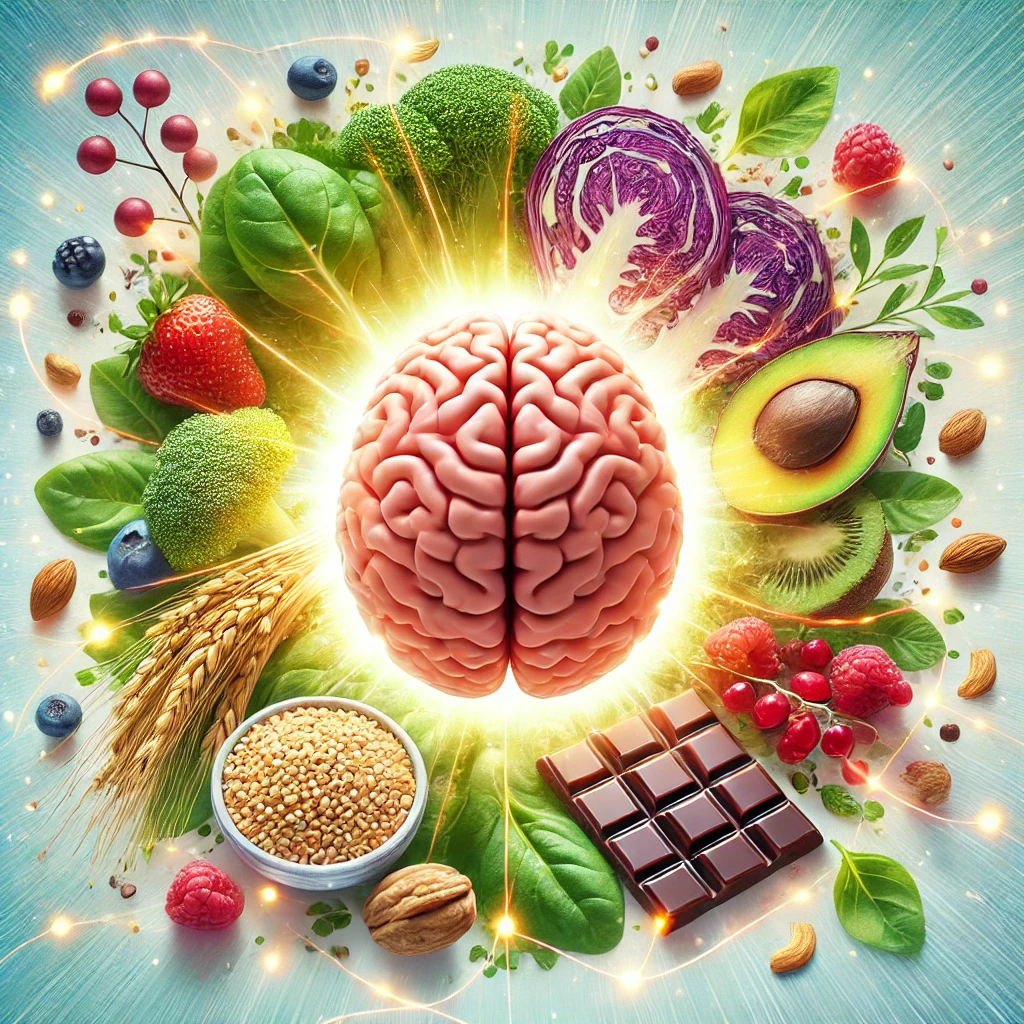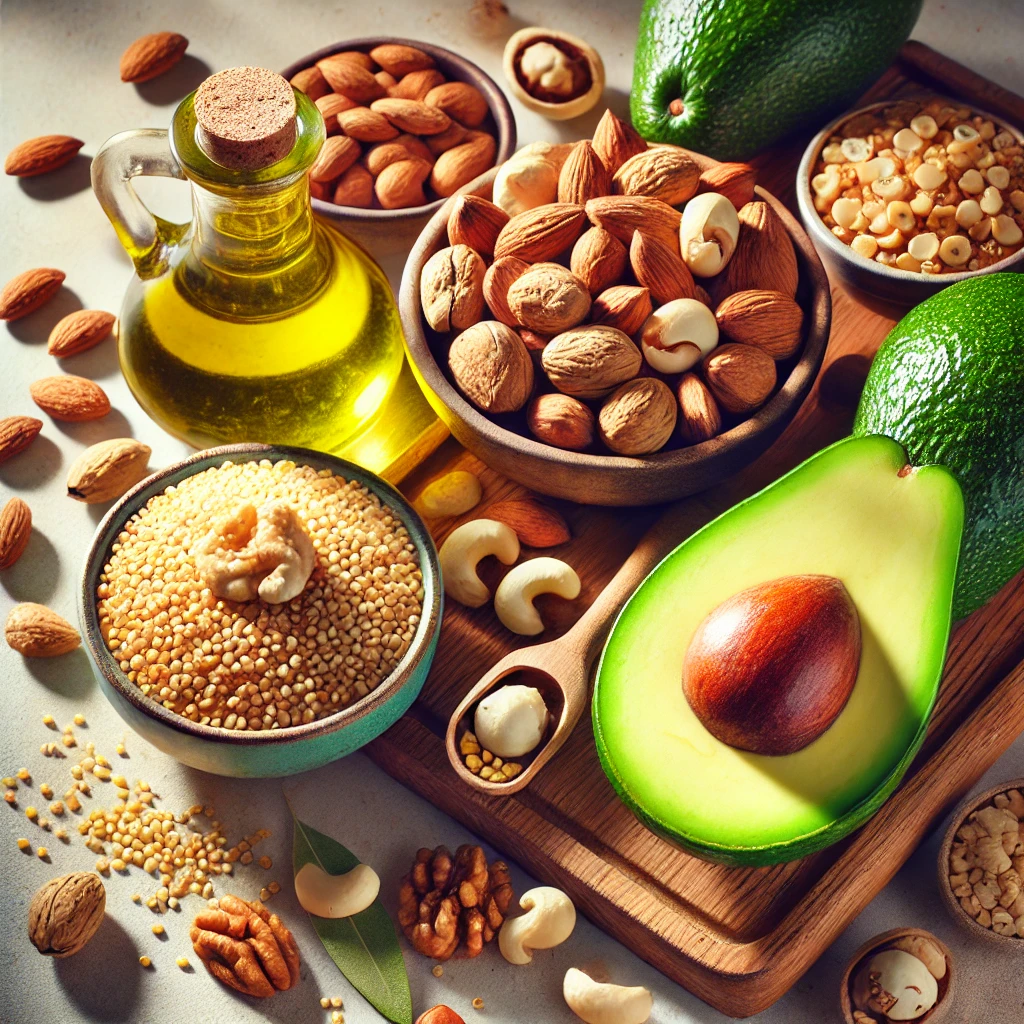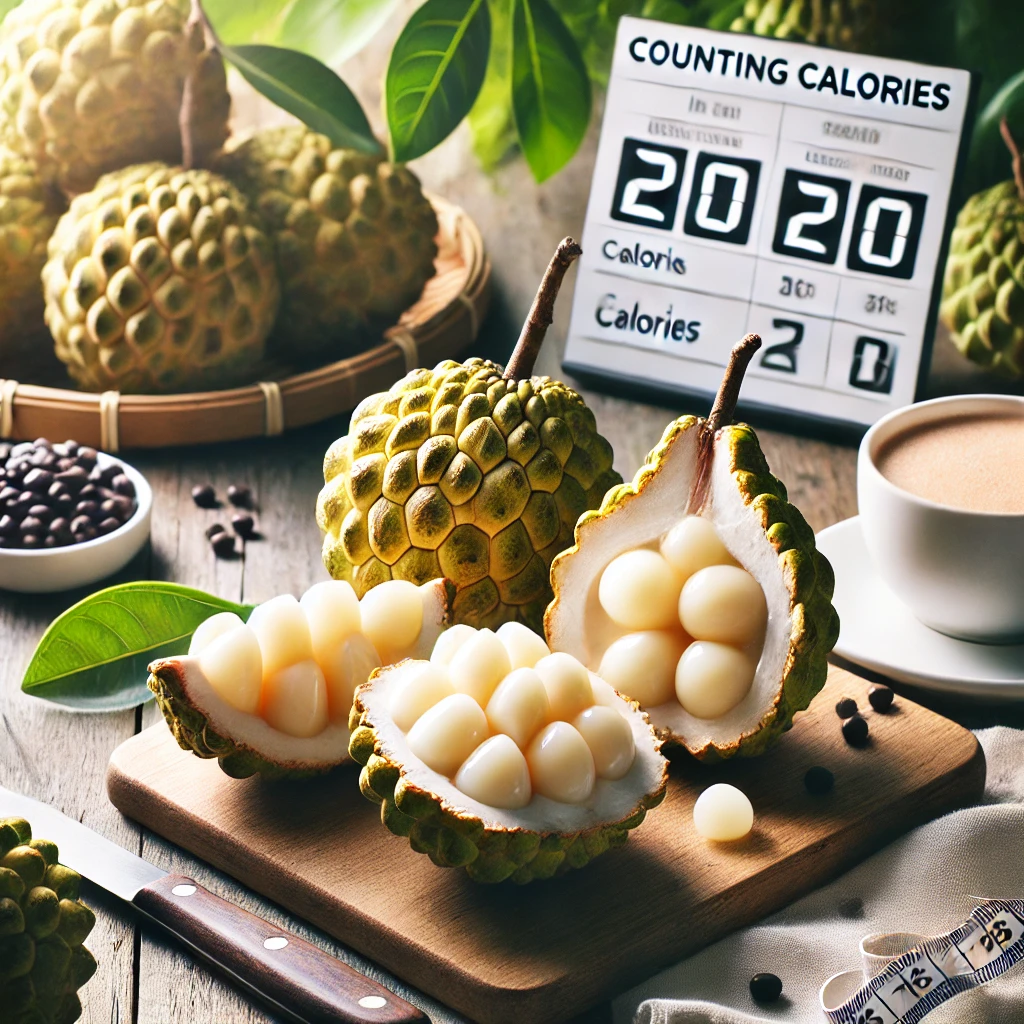Essentials of a Balanced Vegan Fitness Diet
Thinking about fueling your fitness regime with a vegan diet? Great choice! A well-planned vegan diet can be rich in nutrients and perfect for keeping your energy high and your body in top shape. Whether you’re lifting weights, running marathons, or just aiming to stay active, let’s explore how to make your plant-based plate work for you.
Protein: Building Blocks for Muscle
Who says you need meat to meet your protein needs? Not us! Vegans can get plenty of protein from a variety of plant sources. The key is variety—mixing different types of plant proteins ensures you get all essential amino acids.
Legumes like lentils, chickpeas, and black beans are protein powerhouses. Add them to salads, soups, or whip up some homemade hummus. Quinoa and tofu are also fantastic sources, versatile enough for any meal. Stir-fry tofu with your favorite veggies, or make a hearty quinoa salad.
And don’t forget about nuts and seeds. Sprinkle hemp seeds on your morning oatmeal or snack on a handful of almonds for a protein boost.
Carbohydrates: Your Energy Fuel
Carbs are not the enemy! Especially in a vegan fitness diet, they are your main source of energy. Choose complex carbohydrates for long-lasting energy.
Whole grains like brown rice, barley, and whole wheat pasta provide sustained energy, essential B vitamins, and fiber. Start your day with oatmeal or a whole-grain cereal to fuel your morning workouts.
Sweet potatoes and butternut squash are excellent before a long workout. They’re not only delicious but also packed with vitamins and fiber.
Fats: Don’t Fear Them
Healthy fats are crucial for overall health, helping absorb vitamins and protect your heart. Yes, you need them even in a vegan diet!
Avocados are fantastic on toast or in smoothies for a creamy texture and a dose of healthy fats. Flaxseeds and chia seeds can be added to almost anything and are rich in omega-3 fatty acids, which are great for fighting inflammation.
Nuts and their butters are also excellent sources of fats and protein. Just watch the portions as the calories can add up quickly!
Vitamins and Minerals: The Micronutrient Must-Haves
When you’re active, it’s crucial to get enough iron, calcium, and vitamin B12, which can be more challenging on a vegan diet.
Iron can be found in foods like spinach, beans, and fortified cereals. Pair these with vitamin C-rich foods like oranges or bell peppers to boost iron absorption.
Calcium is abundant in fortified plant milks and juices, broccoli, and kale. Make sure you shake plant milk containers well, as calcium can settle at the bottom.
Vitamin B12, essential for energy and blood formation, is the one nutrient not naturally present in plant foods. Opt for fortified foods like cereals, plant milks, or a B12 supplement according to your doctor’s advice.
Hydration and Fiber: Keep It Balanced
With all the fiber in a vegan diet, staying hydrated is more important than ever. Drink plenty of water, herbal teas, or infused waters to keep things moving smoothly and aid in nutrient absorption.
Listen to Your Body: The Ultimate Guide
Every vegan athlete’s needs are unique. Pay attention to how you feel during workouts and adjust your diet as needed. Feeling sluggish? Maybe bump up those healthy fats. Struggling with recovery? Check if you’re getting enough protein.
Top Protein Sources for Vegan Athletes
Switching to a vegan lifestyle doesn’t mean kissing your muscle gains goodbye. Nope! It just means getting your protein from different sources. Vegan athletes, rejoice! There are plenty of plant-based proteins just waiting to be discovered. Let’s dive into the top protein picks that will keep you strong and energized.
Legumes: The Mighty Muscle Builders
Legumes are not only affordable and versatile, but they’re also protein powerhouses. Let’s talk about lentils, which pack about 18 grams of protein per cooked cup. They’re perfect in salads, stews, or even made into a delicious lentil loaf. Then there are chickpeas, with about 15 grams per cup, ready to be tossed into salads, made into hummus, or roasted for a crunchy snack.
Don’t forget about black beans and kidney beans, which are fantastic in tacos, soups, and chili. Beans not only provide protein but also fiber, which keeps you feeling full and satisfied.
Seeds and Nuts: Snack Your Way to Protein
Seeds and nuts might be small, but they are significant in the protein department. Hemp seeds, for example, offer about 10 grams of protein in just three tablespoons. Sprinkle them on salads, blend into smoothies, or stir into oatmeal.
Chia seeds are another great choice, with around 5 grams of protein per two tablespoons, plus they’re loaded with omega-3 fatty acids. Soak them in almond milk overnight for a creamy chia pudding—a perfect post-workout snack.
And let’s not overlook nuts—almonds, walnuts, and cashews are all great protein sources. Almonds provide around 6 grams per ounce, making them a perfect snack or a crunchy addition to any dish.
Plant-Based Protein Powders: A Convenient Boost
Sometimes, meeting your protein needs requires a bit of convenience, especially for busy athletes. That’s where plant-based protein powders come in. Made from peas, brown rice, or hemp, these powders can give your smoothies or post-workout shakes a significant protein boost.
Pea protein is particularly popular due to its high protein content and ease of digestion. It’s often found in many commercial vegan protein blends and is great for muscle recovery.
Soy: A Versatile Protein Star
Soy is a bit of a superstar in the vegan protein world. Tofu, for instance, is incredibly versatile and packs about 20 grams of protein per cup. It’s perfect grilled, stir-fried, or scrambled.
Tempeh, made from fermented soybeans, contains about 31 grams per cup and offers a nuttier flavor and firmer texture than tofu. It’s excellent marinated and added to sandwiches or wraps.
And don’t forget about edamame—young soybeans that are delicious steamed and sprinkled with a pinch of sea salt. A single cup contains a whopping 17 grams of protein.
Whole Grains: More Than Just Fiber
Often overlooked as a protein source, whole grains like quinoa, amaranth, and buckwheat not only provide essential amino acids but also pack in the protein. Quinoa, for instance, offers about 8 grams per cup cooked, making it perfect for a post-workout meal when paired with vegetables and a legume.
Embracing Variety for Optimal Nutrition
The key to a successful vegan athlete’s diet is variety. By mixing up your protein sources, not only do you prevent boredom, but you also ensure you’re getting a wide range of amino acids and other nutrients needed for optimal health and performance.
Common Nutritional Deficiencies and How to Avoid Them
Embarking on a vegan or vegetarian journey? Exciting times ahead! But, as with any adventure, there are a few bumps to watch out for—like potential nutritional deficiencies. No worries, though! We’ve got the map and compass you need to navigate through these with ease. Let’s ensure you’re getting all the good stuff your body craves.
Iron: Keeping Your Energy Up
Iron deficiency is pretty common in the plant-based realm. Why care? Well, iron is crucial for making hemoglobin, which carries oxygen in your blood. Low iron equals low energy and nobody wants that.
Solution: Feast on iron-rich foods like lentils, chickpeas, fortified cereals, and spinach. Since plant iron (non-heme iron) isn’t absorbed as easily as the iron from meat, pair these foods with vitamin C-rich foods like oranges, strawberries, or bell peppers to boost iron absorption.
Vitamin B12: The Nerve and Blood Booster
Vitamin B12 is a biggie—it helps make DNA and keeps your body’s nerve and blood cells healthy. Since B12 is mostly found in animal products, vegans might find it tricky to get enough.
Solution: No need to fret! Many foods are fortified with B12 these days. Check out plant milks, breakfast cereals, and vegan spreads. Or, consider a B12 supplement—just chat with your doc first to find the right one for you.
Calcium: For Strong Bones and Smiles
While dairy is a well-known calcium champ, plant-based pals needn’t panic. Calcium is key for strong bones and teeth and helps your muscles and nerves work properly.
Solution: Load up on fortified plant milk, tofu, and leafy greens like kale and bok choy. Almonds and figs are also great sources. Just be sure to shake that plant milk carton; calcium can settle at the bottom!
Omega-3 Fatty Acids: Brain and Heart Health
Omega-3s are vital for brain health and reducing inflammation, but common sources are fish and fish oil, which doesn’t exactly fit the vegan bill.
Solution: Flaxseeds, chia seeds, and walnuts are fantastic plant-based sources of Omega-3s. Ground flaxseed can be sprinkled on almost anything, and chia seeds make a mean pudding. Also, consider an algae-based Omega-3 supplement to cover all bases.
Vitamin D: The Sunshine Vitamin
Vitamin D isn’t just good for bones; it’s essential for a happy mood and a strong immune system. Since it’s naturally made when your skin is exposed to sunlight, deficiency can be common, especially in colder climates.
Solution: Soak up some sun safely when you can. For food sources, look for fortified products like plant milks and cereals. A vitamin D supplement, especially during the winter months, can be a bright idea too.
Zinc: More Than Just a Trace
Zinc helps your immune system and metabolism function. It’s not talked about as much, but it’s definitely important, especially for healing and taste perception.
Solution: Nuts, seeds, and whole grains are your go-to’s here. Pumpkin seeds and cashews are zinc superstars. Sprinkle them on salads or just snack on them throughout the day.
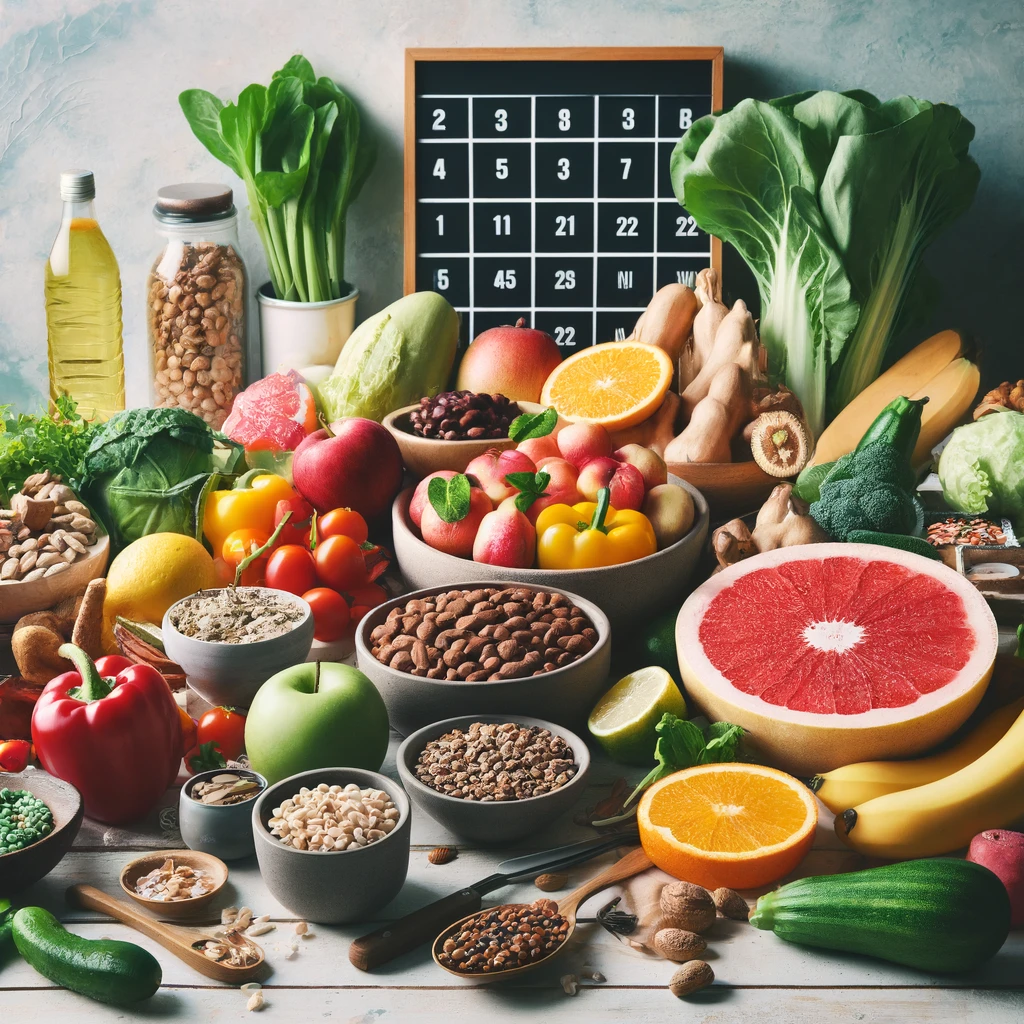
DALL·E
Sample Vegan Meal Plan for a Week
Embarking on a vegan lifestyle or just looking to mix things up in the kitchen? Awesome! A vegan diet doesn’t have to be about munching lettuce and feeling hungry. With the right plan, you can enjoy a variety of delicious, satisfying meals that keep you energized all week long. Let’s jump into a week’s worth of vegan meals that might just make you forget about meat and dairy!
Monday: Start Fresh
Breakfast: Kick off your week with a smoothie bowl. Blend some spinach, a frozen banana, a handful of berries, and almond milk. Top it with granola and a drizzle of peanut butter.
Lunch: How about a hearty chickpea salad? Toss chickpeas with chopped cucumbers, cherry tomatoes, red onion, and a tahini-lemon dressing.
Dinner: Unwind with a comforting bowl of lentil soup. Serve with a side of whole-grain bread for dipping.
Snack: Keep it simple with an apple and a few almonds.
Tuesday: Protein-Packed Day
Breakfast: Scramble some tofu with turmeric, spinach, and mushrooms. Serve it up with whole-grain toast.
Lunch: Quinoa salad loaded with black beans, diced peppers, corn, and a lime-cilantro dressing.
Dinner: Stir-fried tempeh with broccoli, carrots, and snap peas over brown rice. Season with soy sauce and sesame oil.
Snack: A quick trail mix with pumpkin seeds, dried cranberries, and dark chocolate chips.
Wednesday: Midweek Boost
Breakfast: Overnight oats with chia seeds, almond milk, and a splash of vanilla. Top with fresh mango slices.
Lunch: Avocado wrap with hummus, sprouts, tomato, and shredded lettuce in a whole wheat tortilla.
Dinner: Vegan chili made with kidney beans, lentils, tomatoes, and bell peppers. Serve hot with cornbread.
Snack: Cucumber slices with sunflower seed spread.
Thursday: Flavor Twist
Breakfast: Vegan yogurt topped with sliced bananas and a sprinkle of cinnamon.
Lunch: Sweet potato and black bean burritos. Add in some guacamole for extra richness.
Dinner: Spaghetti with marinara sauce loaded with veggies like zucchini and mushrooms.
Snack: Pita bread with carrot sticks and beetroot hummus.
Friday: End on a High Note
Breakfast: Berry parfait with layers of vegan yogurt, mixed berries, and a sprinkle of flaxseeds.
Lunch: Tomato basil soup with a side of kale chips.
Dinner: Vegan pizza night! Top your crust with tomato sauce, vegan cheese, olives, artichokes, and red onions.
Snack: Air-popped popcorn with nutritional yeast for a cheesy flavor.
Weekend Wonder
Saturday and Sunday: Use the weekend to experiment with new recipes or treat yourself to vegan versions of your favorite foods. Pancakes for breakfast, perhaps? Or maybe a veggie burger for lunch? Try making a vegan lasagna for Sunday dinner to impress your friends or family.
Tips for Success
- Prep in Advance: Chop veggies and cook grains ahead of time to make meal assembly a breeze during the week.
- Stay Hydrated: Drink plenty of water throughout the day—it’s good for digestion and overall health.
- Be Flexible: Swap ingredients based on availability or your preferences. The key is to enjoy your meals and keep them balanced.
Embrace the Variety
This meal plan is just a starting point. Feel free to swap out meals and experiment with different ingredients to suit your taste and nutritional needs. The beauty of vegan cooking is the vast array of textures and flavors you can create with plant-based ingredients. So, have fun in the kitchen and enjoy the delicious benefits of a vegan diet!

